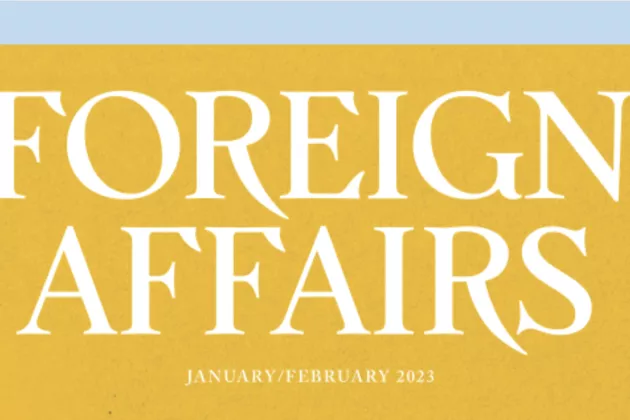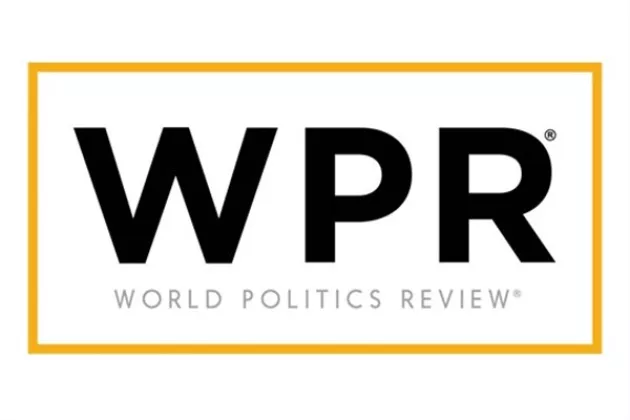The war in Gaza will end when Israel realises that its two goals are mutually exclusive - it will not be able to both destroy Hamas and free the hostages. This is what the new visiting Fulbright professor at the Centre for Advanced Middle Eastern Studies, Dalia Dassa Kaye, argues.
Dalia Dassa Kaye is an International Relations scholar and expert on security issues in the Middle East. She has previously worked with policy issues, both for the American academic think tank RAND and for the Dutch Ministry of Foreign Affairs. In recent years, she has focused on US relations with Iran and the refugee issue that became acute during the Arab Spring.
– I had intended to write about security issues related to the EU's Iran policy during my time as a visiting professor in Lund, but after 7 October it has been difficult to focus on anything other than the war in Gaza, she says. But of course Iran is very important in this conflict as well.
A Bleak Future Ahead?
Like most people with knowledge of the Israel-Palestine conflict, she takes a dim view of the future. The polarisation is abysmal and there is a total unwillingness to see the suffering of the other side.
– The total lack of empathy and the dehumanisation that we see today does not help. Israelis and Palestinians know that they will have to live side by side. But even though I am pessimistic, I think it is my background in a policy think tank that forces me to think ahead, she says.
Dalia Dassa Kaye is critical of the Abraham Accords negotiated under Donald Trump, which normalised relations between Israel and Morocco, Sudan, the United Arab Emirates and Bahrain.
– I am not against the normalisation of relations between Israel and the Arab world - on the contrary, it would be a good development. But the Abraham Accords almost completely ignored the Palestinian issue. That is not possible. On 7 October, it became absolutely clear that there is no peace without security and states for both peoples.
Risk of the War Spreading
When the war broke out, Dalia wrote an article on the risks of the war spreading. Some of these fears have already materialised, such as the escalation of the conflict with Hezbollah along the border with Lebanon. Others, such as the interference of the Huthi movement from Yemen, she could not predict.
– Now there is a great risk that the war in Gaza will spill over into the tentative peace talks that have started after ten years of civil war in Yemen, she says.
How will the war in Gaza end?
– Ultimately, it will be through diplomacy. When Israel realises that its goals of destroying Hamas and freeing hostages are incompatible. And as the horrific humanitarian crisis in Gaza continues, international pressure to end the war will increase. Eventually, even the US will stop supporting the war.
She puts her hope in future generations and leaders.
– Today's leaders, on both sides, have failed their peoples. The current Israeli government is extreme, the most extreme in history. Hamas, especially its military wing that launched the brutal attack on Israel on 7 October, is also extreme. And the ruling Palestinian Authority is corrupt and has lost much legitimacy among the Palestinian people. But perpetual violence and occupation is not a viable option. New leaders will have to find other ways forward over time.
This article was originally published in Swedish in Lund University Magazine (LUM) on 15 February 2024 with the title "Nya gästprofessorn om kriget i Gaza: Nya ledare enda vägen framåt".





